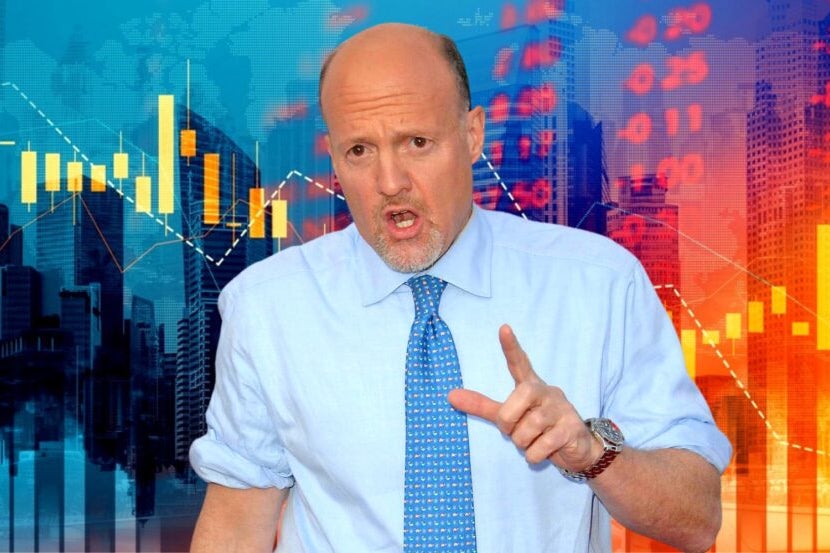image courtesy of Getty Images It represents the most significant economic intervention in the last two decades. It has had a tremendous impact on millions of Britons’ wealth. And its use during the pandemic may have helped save lives. However, it is rarely debated – or even understood – by politicians. Quantitative easing is, of course, “it.” That’s when the Bank of England and other global central banks use newly produced electronic money to buy up hundreds of billions of pounds in sovereign debt. Will you be able to rescue your employment by making billions of pounds? However, legislators cautioned on Friday that the Bank of England is growing addicted to quantitative easing, which they termed a “severe threat to the long-term stability of the public finances.” The House of Lords economic committee heard from central bankers from all over the world regarding a policy that was implemented in Japan, the Eurozone, and the United States in the aftermath of the financial crisis, as well as during the epidemic. Peers have argued the Bank should be subjected to additional scrutiny because it is expected to own £895 billion in debt, virtually exclusively in government gilts. They believe that the strategy has unquestionably pushed up the price of assets such as houses, widening wealth disparities by shifting wealth from non-homeowners to people who own a home. Young people, on the other hand, benefited from QE because it delayed recessions, according to the Bank. image courtesy of Getty Images However, the Lords report claims that the Bank went even further under Covid. It was “widely seen” as having purchased the loans exactly as required by the government, matching the quantity and speed of borrowing to support massive spending bills, according to the statement. This could jeopardize the Bank’s independence from the government and its ability to combat inflation. What is the Bank’s response to this charge? In essence, it states that it will eventually sell the government bonds it has purchased since the crisis began. While quantitative easing has clearly lowered government borrowing costs, the policy’s primary goal, according to the Fed, is to strengthen the economy and achieve its 2% inflation target. Peers, on the other hand, are not convinced. They’ve sought more transparency in discussions between the Treasury and the Bank of England on how potential program losses will be covered. They also want “a clear plan on how QE will be unwound,” which “must be made public,” according to them. Until now, the noises on this subject have been a little hazy. The unwinding of such a program may theoretically result in a considerable increase in long-term interest rates paid by businesses and households. Peers, on the other hand, believe that if it is neglected indefinitely, the inevitable conclusion will be protracted inflation. This is a debate that few people want to have right now, and it has been postponed because it can be postponed. T This powerful report puts pressure on the Bank of England to provide answers about a little-understood policy that has impacted the entire community. Almost all Cabinet decisions pale in comparison. The economy of the United Kingdom The Bank of England is the central bank of the United Kingdom. Money/n
Read MoreIs the Bank really hooked on quantitative easing?
2021-07-16T14:01:08-04:00July 16th, 2021|





